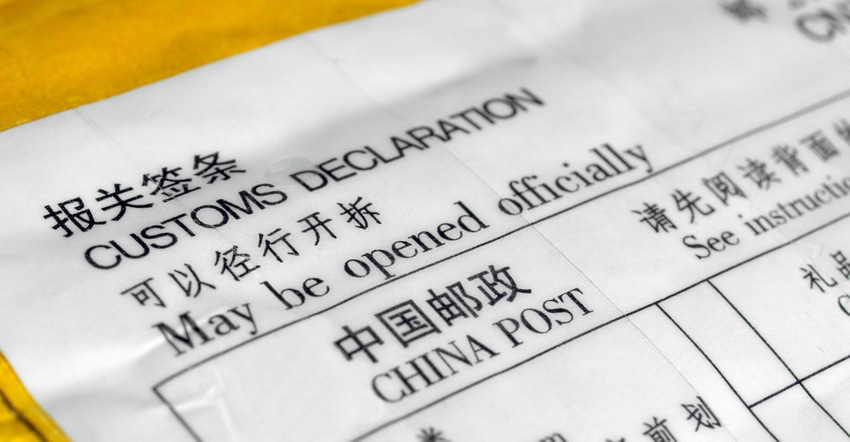Sourcing supplement ingredients and components from China
Supplement brands that source ingredients or components from China must ensure their products are high-quality and safe for the U.S. consumer market.
May 7, 2018

More companies are starting to source their dietary ingredients from China, especially in two major categories: raw material ingredients and bulk dietary supplements components like capsules, softgels and tablets.
Each company has its own reasons for choosing foreign suppliers; however, economics might be the top reason.
Regulation
If the product will be marketed in the United States, the product must meet the same requirement as U.S.-produced products. For all raw materials, if the product is categorized as food, it needs to follow the Food Safety and Modernization Act (FSMA).
Manufacturers in China must follow cGMPs (current good manufacturing practices), hazard analysis, risk-based preventive controls for human food (21 CFR part 117) and serious adverse event reporting (section 761 of the Federal Food Drug and Cosmetic Act; 21 USC section 379aa-1). Brands that use imported foods must verify them using a foreign supplier verification program (FSVP), which is outlined in FSMA.
Importers must determine known or reasonably foreseeable hazards with each food; evaluate risk posed by a food, based on the hazard analysis and the foreign supplier’s performance; use that evaluation of risk to approve suppliers and determine appropriate supplier verification activities; conduct supplier verification activities; and conduct corrective actions. Importers have the flexibility to tailor supplier verification activities to unique food risks and supplier characteristics. The options include:
Annual onsite audits of the supplier’s facility. This is generally required when there is a reasonable probability that exposure to a hazard controlled by the foreign supplier will result in serious adverse health consequences, or death to humans or animals. However, the importer can choose another means of verification, provided the importer documents the alternate is appropriate and provides adequate assurances that the foreign supplier is producing the food in accordance with applicable U.S. safety standards.
Sampling and testing.
A review of the supplier’s relevant food safety records.
Each company should have its supply chain control system for foreign suppliers and ensure the products meet U.S. requirements, if the products are marketed in the United States. The goal is to ensure the safety of the food, and the company could develop and survive in the market.
Learn more about the Chinese market, and connect with ingredient buyers and suppliers at SupplySide China, at Area B, China Import and Export Fair Complex on June 28-30, 2018 in Guangzhou, China.
Hua Deng, Ph.D., is the president and the founder of Davidia Healthtech LLC, a professional service company for food, dietary supplement and cosmetics. Deng holds a doctorate from Lanzhou University in China with a major in analytical chemistry. She has extensive experience of global regulatory affairs in the food, dietary supplement and cosmetic industries.
About the Author(s)
You May Also Like




.png?width=800&auto=webp&quality=80&disable=upscale)